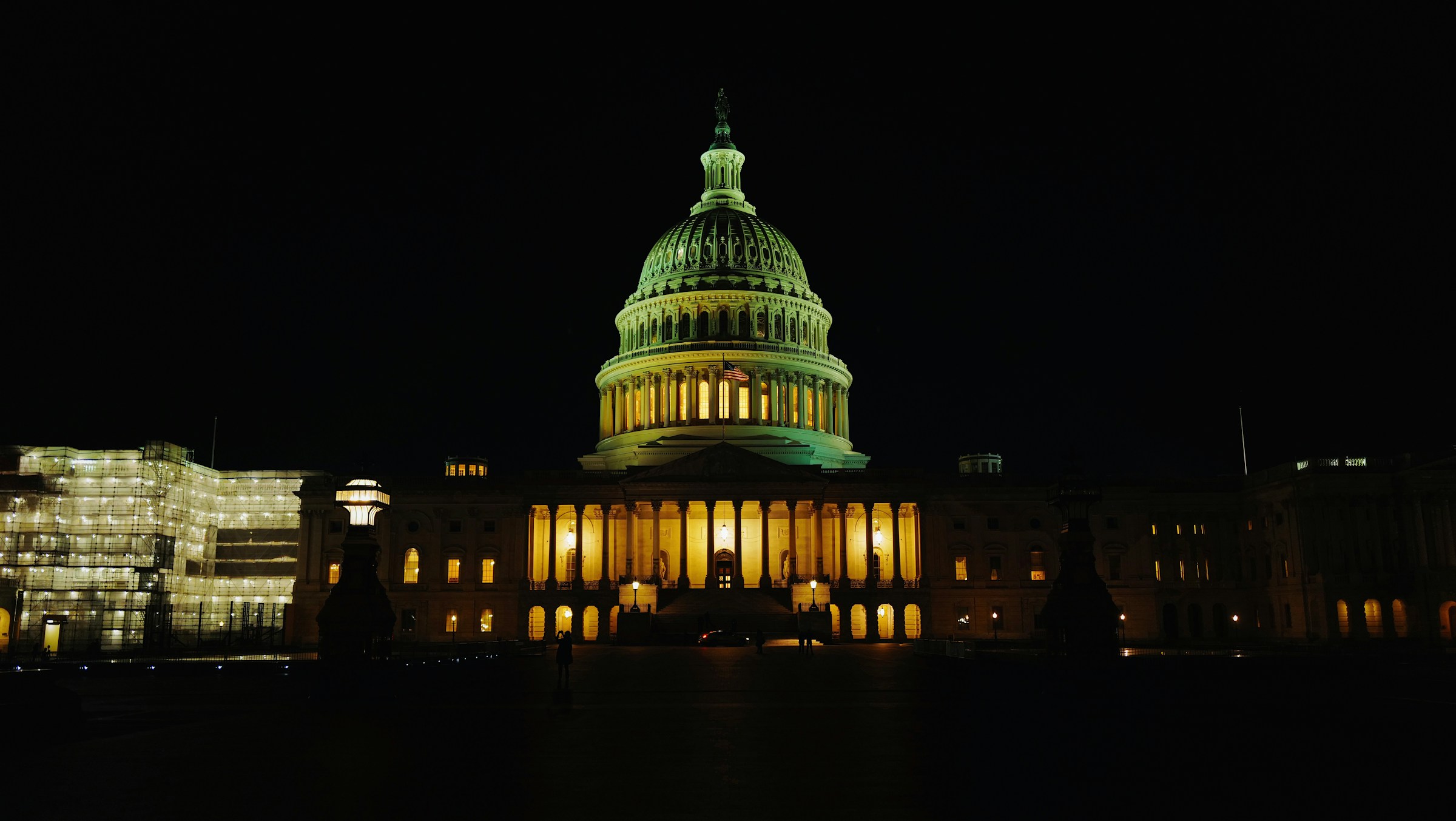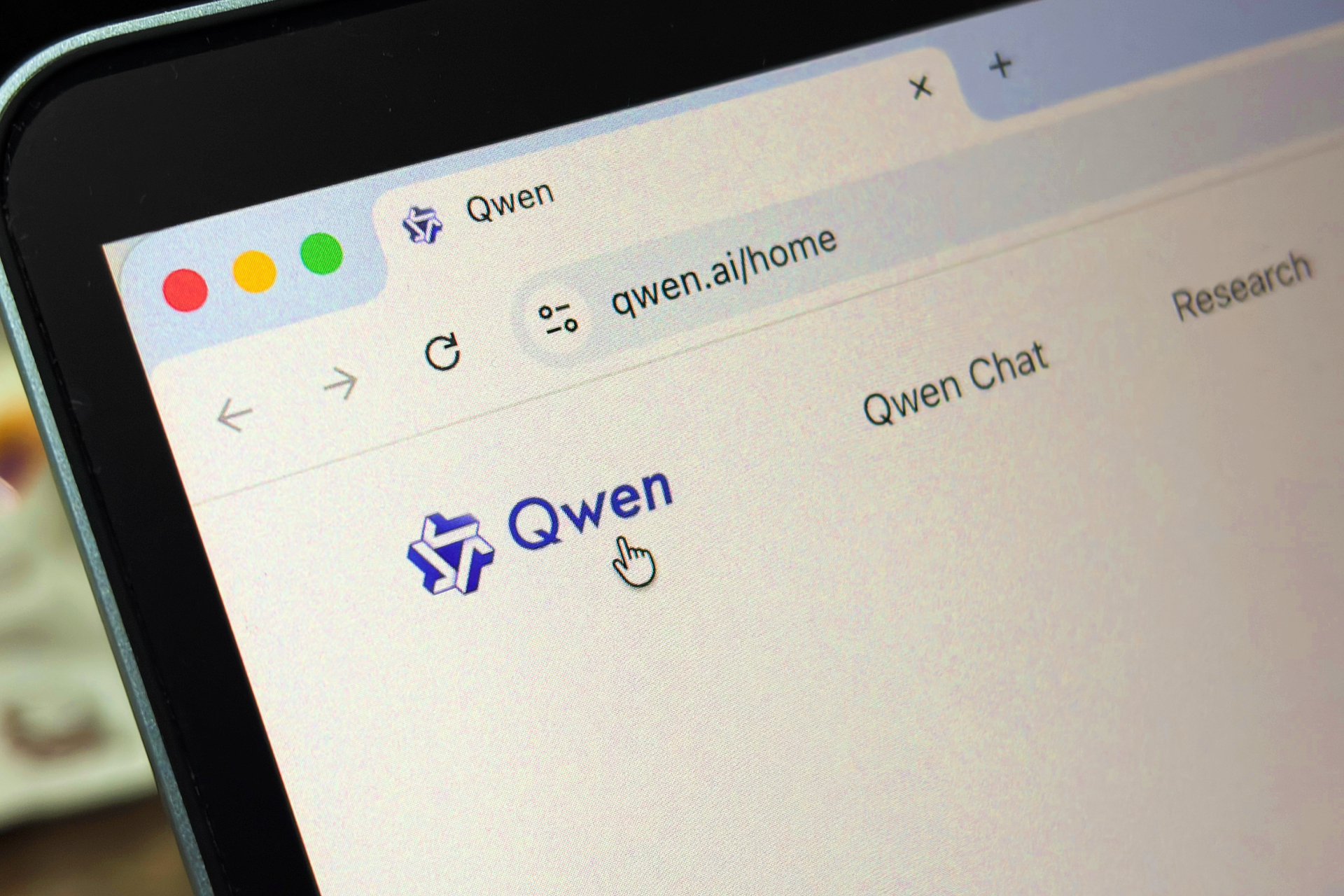
The United States Congressional Budget Office (CBO), a pivotal nonpartisan federal agency, has officially confirmed it was subjected to a significant cyberattack. The breach, which became public knowledge earlier this week, has prompted immediate internal investigations and a scramble to fortify digital defenses against what are widely suspected to be foreign state-backed actors. The incident underscores the persistent and evolving threat landscape facing critical government institutions, particularly those holding sensitive economic and legislative information.
The Discovery and Initial Response
Confirmation of the cyber intrusion emerged recently, with Caitlin Emma, a CBO spokesperson, stating on Friday that the agency had "identified the security incident, has taken immediate action to contain it, and has implemented additional monitoring and new security controls to further protect the agency’s systems going forward." This official acknowledgement followed earlier reports, notably by The Washington Post on Thursday, which first revealed the breach and indicated that unspecified foreign hackers were responsible.
The seriousness of the situation was further highlighted when the Senate Sergeant at Arms office, the primary law enforcement and security agency for the U.S. Senate, issued a cautionary notice to congressional offices. This alert warned that communications between CBO researchers and lawmakers’ staff could have been compromised. Such information, if indeed accessed, poses a dual threat: not only could it expose sensitive policy discussions and economic data, but it could also be leveraged by adversaries to craft highly convincing phishing attacks targeting congressional personnel, thereby extending the reach of the initial breach.
Concerns within the CBO leadership reportedly extend to the potential compromise of internal emails, chat logs, and direct communications between lawmakers’ offices and CBO analysts. The nature of this data, often containing pre-decisional policy discussions, legislative strategies, and preliminary economic assessments, makes it a highly valuable target for intelligence-gathering operations by hostile foreign powers. The agency has not yet publicly disclosed the full extent or nature of the data believed to have been accessed, as investigations are still in their nascent stages.
Tracing the Vulnerability: An Outdated Firewall
While the precise method of intrusion remains under official investigation, a prominent cybersecurity researcher, Kevin Beaumont, quickly offered a compelling hypothesis regarding the potential entry point. Beaumont, writing on Bluesky shortly after the news broke, suggested that the CBO’s network might have been compromised through an outdated Cisco firewall.
According to Beaumont, the CBO had been operating a Cisco ASA firewall that, as of last month, had not been patched since 2024. This specific model, he noted, was allegedly vulnerable to a series of recently discovered security flaws actively being exploited by suspected Chinese government-backed hacking groups. The timing of the vulnerability is critical: these exploits were known and active, yet the CBO’s system apparently remained unaddressed.
Adding another layer of concern, Beaumont pointed out that the federal government shutdown, which commenced on October 1, might have contributed to the delay in patching the critical firewall. Government shutdowns often lead to a reduction in non-essential personnel, including IT staff responsible for routine maintenance and security updates, potentially leaving systems exposed during periods of heightened cyber threat activity. Beaumont later confirmed on Thursday that the problematic firewall had since been taken offline, a move that suggests the CBO may have acted on intelligence or forensic findings consistent with his assessment. When asked for comment regarding Beaumont’s findings, the CBO spokesperson declined to elaborate, and Cisco did not immediately respond to inquiries.
The CBO’s Indispensable Role: Background and Significance
To fully grasp the gravity of this cyberattack, one must understand the Congressional Budget Office’s unique and vital role in the U.S. legislative process. Established by the Congressional Budget and Impoundment Control Act of 1974, the CBO serves as a nonpartisan agency dedicated to providing Congress with independent economic analysis and cost estimates for proposed legislation. Its mission is to furnish objective, timely, and nonpartisan information and analysis to aid the legislative process, thereby promoting greater transparency and informed decision-making.
The CBO’s work is foundational to virtually every significant piece of legislation moving through the House and Senate. Before bills are brought to a vote, especially after they emerge from committee, the CBO meticulously analyzes their potential budgetary impact, projecting costs and revenues over a 10-year window. This includes estimating the financial implications of everything from major healthcare reforms and tax overhauls to infrastructure projects and defense spending. These "scorecards" are critical for lawmakers, providing an unbiased assessment that can sway votes, influence amendments, and shape public debate.
Beyond cost estimates, the CBO also produces comprehensive economic forecasts, reports on the federal budget outlook, and analyses of various policy alternatives. This trove of data and expert analysis offers deep insights into the nation’s economic health, the viability of proposed policies, and the fiscal trajectory of the government. Its independence from political influence is paramount, designed to ensure that lawmakers receive factual, rather than politically skewed, information. This makes the CBO’s data a highly coveted prize for any entity seeking to understand, influence, or even exploit U.S. economic and legislative intentions.
Broader Implications: National Security, Data Integrity, and Public Trust
The breach at the CBO carries far-reaching implications that extend beyond the immediate compromise of data.
National Security: The suspicion of foreign state-backed actors immediately elevates the incident to a national security concern. Foreign adversaries would seek CBO data for several strategic advantages:
- Intelligence Gathering: Access to CBO’s internal communications and analyses could provide foreign governments with invaluable intelligence on U.S. economic vulnerabilities, policy priorities, negotiation strategies, and the potential impacts of upcoming legislation. This could enable them to anticipate U.S. actions, adjust their own policies, or exploit market shifts.
- Influence Operations: Understanding the intricacies of legislative debates and the economic levers at play could allow foreign actors to subtly or overtly influence policy outcomes, either by targeting specific lawmakers with tailored information or by shaping public narratives.
- Economic Espionage: Insights into sensitive economic forecasts or the projected costs of major industrial or technological initiatives could provide an unfair advantage to foreign competitors or aid in their own economic planning.
Data Integrity and Trust: While there is no indication that the CBO’s official public reports or cost estimates have been altered, the mere possibility that internal discussions or preliminary analyses were accessed raises questions about data integrity and the sanctity of the legislative process. If the internal workings of the CBO are perceived as compromised, it could erode trust in the objectivity of its public output, thereby undermining a fundamental pillar of congressional oversight.
Congressional Operations and Risk Amplification: The warning from the Senate Sergeant at Arms highlights a critical risk: the potential for compromised CBO communications to be used for sophisticated phishing campaigns. With access to legitimate email threads and contextual information, attackers can craft highly convincing messages, tricking congressional staff into revealing credentials or installing malware. This could open further avenues for espionage, data exfiltration, or disruption across the broader legislative branch.
Erosion of Public Confidence: In an era where trust in government institutions is already fragile, a high-profile cyberattack on a nonpartisan agency like the CBO can further diminish public confidence. Citizens rely on their government to protect sensitive information and maintain the integrity of democratic processes. Breaches like this underscore the vulnerabilities and can lead to a perception of systemic weakness.
A History of Cyber Threats Against U.S. Government Entities
This incident at the CBO is not an isolated event but rather the latest in a long and increasingly sophisticated series of cyberattacks targeting U.S. government agencies. Over the past two decades, federal networks have become prime targets for state-sponsored actors, cybercriminal syndicates, and hacktivist groups, each with their own motives ranging from espionage to financial gain or disruption.
Notable incidents include:
- The OPM Data Breach (2014-2015): The Office of Personnel Management suffered a massive breach that exposed the personal information, including sensitive security clearance data, of over 21.5 million federal employees, contractors, and their families. This attack, widely attributed to Chinese state-sponsored hackers, was a colossal intelligence coup.
- SolarWinds Supply Chain Attack (2020): This sophisticated attack, attributed to Russian intelligence, compromised a widely used network management software, SolarWinds Orion. It allowed attackers to infiltrate the networks of numerous U.S. government agencies, including the Treasury, Commerce, and Energy departments, as well as private sector companies, for months before detection.
- Microsoft Exchange Server Exploits (2021): Chinese state-sponsored hackers exploited vulnerabilities in Microsoft Exchange email servers, leading to widespread compromises across government and private entities globally, granting access to email communications.
These incidents, alongside countless lesser-known but equally insidious attempts, illustrate a clear pattern: U.S. government networks are under constant siege. Adversaries are continually developing new tactics, techniques, and procedures, pushing the boundaries of cyber warfare and espionage. The CBO breach fits this narrative, highlighting that even agencies not directly involved in defense or foreign policy are high-value targets due to the strategic information they possess.
The Enduring Challenge of Government Cybersecurity
The CBO breach brings into sharp focus the systemic challenges inherent in securing government networks.
Underinvestment and Legacy Systems: Despite increased awareness, many federal agencies still grapple with outdated IT infrastructure and insufficient cybersecurity budgets. Legacy systems, often decades old, are difficult to patch, monitor, and integrate with modern security solutions, creating inherent vulnerabilities. The alleged unpatched Cisco firewall at the CBO exemplifies this problem.
Complexity and Scale: The federal government operates a vast, interconnected, and highly complex digital ecosystem. This sheer scale, combined with a diverse user base and myriad applications, makes comprehensive security an enormous undertaking.
The Human Element: Even the most advanced technological defenses can be undermined by human error, such as falling victim to phishing attacks or failing to adhere to security protocols. Training and awareness are continuous battles.
Attribution Difficulties: While "suspected foreign actors" or "suspected Chinese government-backed hackers" are often cited, definitive, public attribution of cyberattacks is notoriously difficult and often involves a complex web of intelligence gathering, forensic analysis, and geopolitical considerations.
Impact of Government Shutdowns: The suggestion that the federal government shutdown may have exacerbated the CBO’s vulnerability underscores a critical operational risk. Such shutdowns disrupt essential services, including IT maintenance and security patching, creating windows of opportunity for malicious actors.
Looking Forward: Response and Prevention
In the aftermath of this breach, the CBO will undoubtedly undertake a comprehensive forensic investigation to determine the full scope of the compromise, identify all affected systems, and pinpoint any remaining vulnerabilities. This will likely lead to a significant overhaul of its cybersecurity posture, including upgrading hardware, implementing advanced threat detection systems, enhancing employee training, and refining incident response protocols.
Beyond the CBO, this incident serves as another stark reminder for all federal agencies to redouble their cybersecurity efforts. It highlights the imperative for continuous monitoring, proactive threat hunting, and a culture of security awareness across all levels of government. Congress itself may respond with increased funding for cybersecurity initiatives, stricter mandates for federal agencies to update their systems, and potentially even hearings to examine the circumstances of this breach and broader government cyber resilience.
The cat-and-mouse game between cyber defenders and attackers is an ongoing reality. The CBO breach is a potent illustration that no entity, regardless of its perceived security or non-military function, is immune to the persistent and sophisticated threats posed by state-sponsored cyber adversaries. The integrity of U.S. economic policy-making and the security of legislative processes depend on the government’s ability to adapt and defend against these relentless digital assaults.








